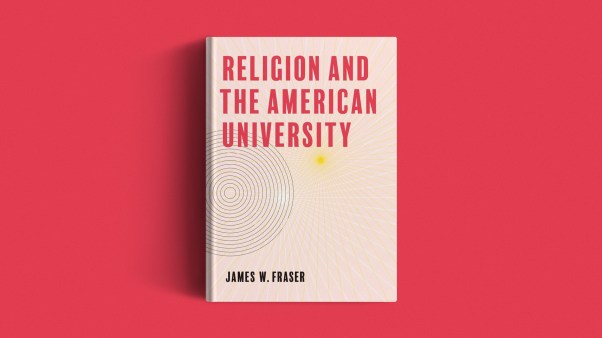This is a highly unscientific observation, but I stand by it: In my scouring of bookshelves in pastor’s studies and church libraries, I regularly find volumes from the corporate world about how to be an effective leader and efficient administrator; studies from the humanities about human psychology and sexuality; and manuals from the financial and legal sectors about budgeting, zoning, and liability issues. What I seldom, if ever, find is fiction. And I think that’s a shame.
For much of their history, many evangelicals have considered novels to be either immoral or simply a waste of time. (To be fair, there are a good many novels that are both.) But good fiction (an entirely subjective category, I admit) can help a minister better understand the people to whom he or she is ministering – people struggling with doubt, addictions, or questions about calling and vocation. Here’s a list of a few novels I think every minister should read, along with a few reasons why.

The Picture of Dorian Gray, by Oscar Wilde
– a great look at how a person’s spirit can be tormented by secret sin.
Wealthy and conceited Dorian Gray wants to be young forever. He commissions an artist to paint his portrait. Then wishes that his portrait would age and bear the evidence of his dissipation and loose living, but that he would stay young forever. He gets what he asks for. His struggle with sin is powerful (and never explicit, by the way).

– a moving story of a young man’s struggle to decide how best to serve God in his vocation.
Asher Lev is a gifted artist living in Brooklyn during the Second World War. His father, a Hasidic Jew, works to bring Jews from Europe to the United States to avoid persecution. Asher wants to pursue art for a living – and he believes God has gifted him to do it – but he is expected to take over his father’s job. Asher wrestles with what it means to be faithful to God, how to best use one’s gifts, and how to honor his family in the process.

Silence, by Shusaku Endo
– an unsettling story about what it means to be a faithful Christian in the midst of persecution.
A Portuguese priest is on the run from the authorities in sixteenth-century Japan. Since his arrival, the underground Christian community has been relentlessly persecuted, and the governors tell him that all he must do to end the people’s misery is renounce the faith. Should he apostatize to save countless peasants from a horrific death, or should he be a model of courage in the face of persecution? And how can he decide when God seems to remain silent?

The Chosen, by Chaim Potok (He makes the list twice. He’s just that good.)
– a beautiful account of how two deeply devout people (one “liberal” and one “conservative”) can learn to respect the other’s convictions and religious commitment.
Reuven Malthers is the son of a Modern Orthodox and intellectual Jew; Danny Saunders is heir of a Hasidic rabbi. Although their fathers more or less despise one another, the sons are good friends. Each one tries to be faithful to God – and to the other – as they become men in different traditions.
The list could go on, of course, but this is a good start. Happy reading.








